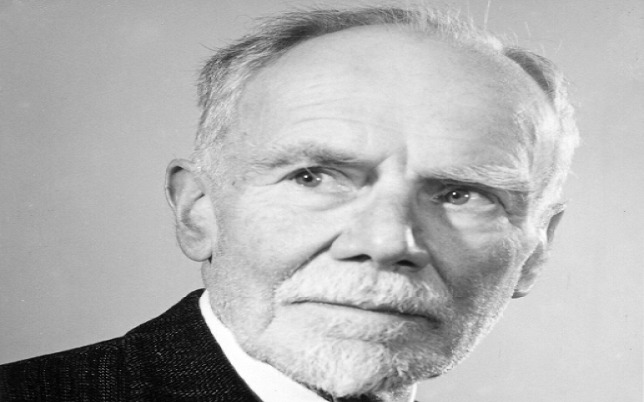Arthur Stanley Tritton ( 1881 – 1973) was a British Arabist. He wrote a number of books on Islam and its history, and from 1938 to 1946 was Professor of Arabic at the School of Oriental and African Studies.
Prof. Tritton was in no way sympathetic about Islam nevertheless in his book ‘Islam Beliefs and Practices‘ he has made the following remarks about Islam and Prophet Muhammad:
“In this world Muhammad came forward as a preacher of judgement”.
“Muhammad was at once prophet and ruler so Islam cannot be divided into church and state”.
“The greatest change which Muhammad made in moral ideas was his demand for humility before God”.
Commenting on the myth of spread of Islam by force of sword, Prof. Tritton said:
“The picture of the Muslim soldiers advancing with a sword in one hand and a Koran in the other is quite false”.
Emphasis on Education in Islam
Commenting on importance of education in Islam, Prof. Tritton says:
“Seek knowledge even if it be from China”; Muslim scholarship is too famous to need any introduction.
At first the mosque was the place where teaching was given, not only in religious subjects but also in secular such as poetry and literature.
About the year 800 a ‘house of wisdom’ was built in Baghdad with a library, staff to look after it, and arrangements for students. An observatory was connected with it.
Private persons founded similar libraries; early in the tenth century a man established a school and library with dwellings and allowances in money for the students.
About the same time schools (madrasa) began to be founded, often for a famous teacher.
After 1000, such schools became numerous, the best known being the Nizamiya in Baghdad which was dedicated in 1067; the founder is said to have established a school in every town in Iraq and Khurasan.
The mosque still maintained itself as a place of teaching; a man might lecture in a school on law and in a mosque on the Koran. Some schools even included a hospital.
The earlier method of instruction was dictation; the teacher read a passage from a text and then commented on it, the students writing as he spoke.
Sometimes there was an assistant to read the text or this task might be given to a student.
Great freedom in asking questions was allowed. There might be other assistants (repeaters) who went over the day’s work with the less gifted students.
After studying a text with his teacher a student received a licence (ijaza) to teach it; when such a licence went back by a series of teachers to the author of the book it was highly prized. There was also a general licence to teach all the works of the master.
The boundary between teacher and student was not sharply drawn; a man might be teacher in one subject and student in another.
Respect for the teacher was great; the boy’s father was responsible for his body coming into being but the teacher was responsible for his mind. It was better to go wrong after a teacher than to go right without one.
The rule that a teacher must be married and must not keep school in his own house throws a fierce light on the morals of the time”.
Islamic Brotherhood is a Real Thing
“The brotherhood of Islam is a real thing, the religion does unite its adherents. Theology says that God is so great that all men are equal before Him, being His slaves”.
“A Muslim of good breeding is an ornament to the name of gentleman”.
At another place he says:
“Islam has not forgotten the charity to the poor inculcated by Muhammad and, though its practice may shock the theorists of the west, it is in accord with the temper of the people”.

